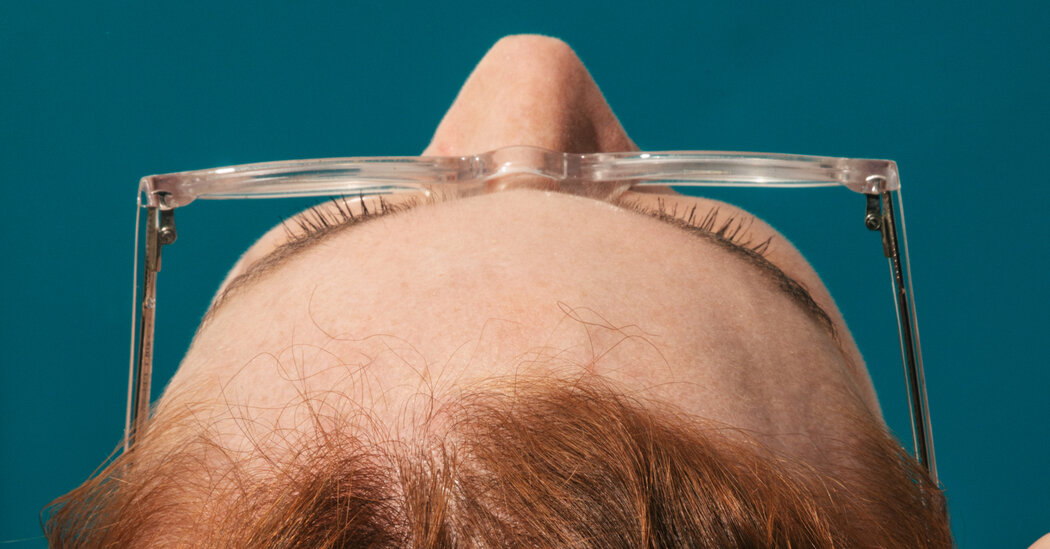[ad_1]
Another major factor in hair change over time is genetics, Dr. Guttman-Yassky said. “I always ask my patients about family history, and many times somebody with female-pattern hair loss will say, ‘Oh, yeah, my mother in her 40s or 50s had the same pattern of hair loss.’”
Are there ways to manage these hair changes?
“Time is of the essence,” Dr. Guttman-Yassky said, and the sooner you seek help for hair changes, the better the results of interventions will be. The first thing you should do when you notice hair loss or changes in scalp texture is to ask a dermatologist for a full examination and blood work to tease out whether the changes are hormonal or if there are other confounding factors, she said.
For some women, hormone therapy — which is regularly used to manage other menopause symptoms, like hot flashes and brain fog — may help with hair changes, but there is no real data on the effectiveness of that option, Dr. Mirmirani said.
The tried and tested methods to curb hair loss are effective, even if the hair loss is related to menopause, experts said. Those include low doses of minoxidil in pill form or the topical version, Rogaine. Steroid injections into the scalp are also an effective method for stimulating hair growth, Dr. Guttman-Yassky said.
Vitamin supplements may also work if you are deficient, Dr. Khetarpal said. Some dermatologists offer scalp injections of vitamins to help with patches of hair loss, but, she said, vitamins will never outperform drugs like minoxidil.
More brittle hair also means that it may no longer be able to withstand styling methods like straightening irons or hair dyes, Dr. Mirmirani said. “I have women come in and say, ‘This is not my hair — I’ve always colored my hair, or I’ve always used heat on my hair and now it’s not behaving the same,’” she said. In those cases, it might be worth considering changing your practices, she said, like minimizing the use of heat and chemicals or reducing how often you wash your hair.
[ad_2]
Source link

